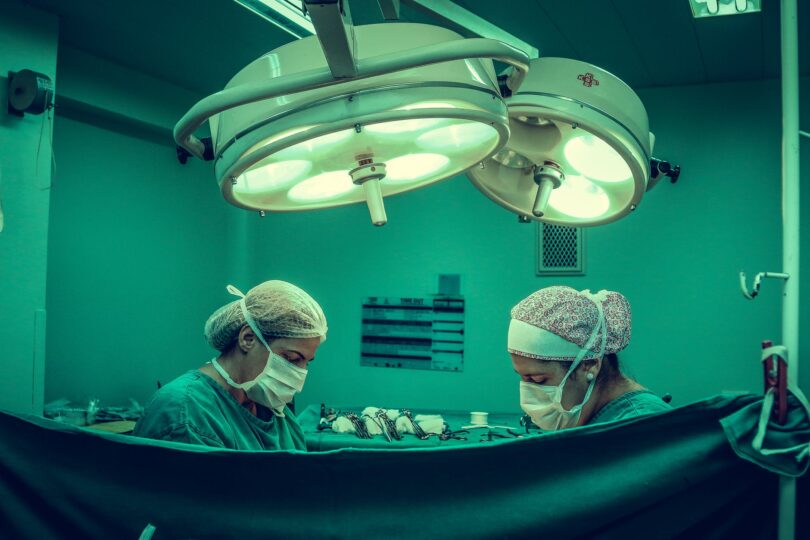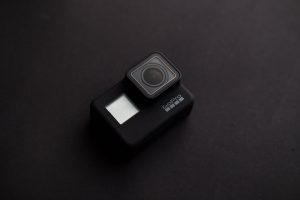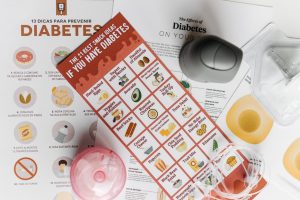On Monday, November 1st, at 16:18, Baird analyst Coleen Kusy, initiated coverage of SAB Biotherapeutics (SABS) with an Outperform rating and a $23 price target.
This seems to have caused the price to surge afterhours and I’m sure more people are looking into the company itself now, so I thought I’d provide some updated DD to add on top of my post from last week.
Disclaimer: this information is based off the research I did. I am not a financial expert and you should double check all the information here/do your own due diligence as always
My first post used an estimate to calculate the redemptions and public float, but since then, the company has released their official redemption numbers:
Shares from Trust before redemptions: 11.5M
Shares Redeemed: 8.03M
Public Float from trust after redemptions: 3.47M
As a part of the Radcliff Forward Purchase Agreement, Radcliffe agreed not to redeem ~1.3m shares and the company agreed they would buy them back at a later date for $10.10, or Radcliffe would be free to sell these shares as long as the stock price is above $10.10. What this means is that the effective public float will change, depending on the share price.
Radcliffe shares (won’t sell below share price $10.10): 1.3M
Effective Public Float at < share price $10.10: 2.17M
Considering the strong afterhours volume above $10.10, it’s possible that some of these shares have already been sold, which if true, should reduce some selling pressure.
Lock-Ups
–The Sponsor has agreed not to transfer, assign or sell 50% of its founder shares until the earlier to occur of (A) six months after the completion of the Company’s initial business combination or (B) the date the last sale price of the Company’s common stock equals or exceeds $12.50 per share (as adjusted for stock splits, stock dividends, reorganizations, recapitalizations and the like) for any 20 trading days within any 30-trading day period commencing after the Company’s initial business combination, and the remaining 50% of the founder shares until six months after the completion of the Company’s initial business combination, or earlier, if, in either case, subsequent to the Company’s initial business combination, the date on which the Company completes a liquidation, merger, capital stock exchange or other similar transaction that results in all of its stockholders having the right to exchange their shares of common stock for cash, securities or other property.
-Contemporaneously with the IPO, the Sponsor also purchase an aggregate of 417,200 Private Placement Units for a purchase price of $10.00 per unit, or approximately $4,172,000. Each Private Placement Unit consists of one share of BCYP Common Stock and one-half of one Private Warrant, which each whole warrant entitling the holder thereof to purchase one share of Common Stock at a price of $11.50 per share, subject to adjustment. The Private Units may not, subject to certain limited exceptions, be transferred, assigned or sold by the Sponsor until 30 days after the completion of BCYP’s initial business combination.
–Insiders/directors have standard 180 day lock up as well
I was doing some additional research this weekend into SAB’s therapeutic pipeline, and what I found was very interesting.
Additional look into SAB-185:
-this is a polyclonal antibody therapeutic for COVID-19, which is currently in Phase 3 of the NIH funded ACTIV-2 study.
-multiple studies have already proven the high efficacy of animal derived polyclonal antibodies against COVID-19: https://www.researchgate.net/publication/354382129_High_Efficacy_of_Therapeutic_Equine_Hyperimmune_Antibodies_Against_SARS-CoV-2_Variants_of_Concern
-these studies give me hope that SAB-185, will also prove to be effective
I suspect that Regeneron & Eli Lilly would have utilized similar methods to produce and extract human polyclonal antibodies from genetically modified animals, if it weren’t for SAB’s patents that give them rights to many key processes involved in the genetic modification of the animals to express human polyclonal antibodies, extraction of the antibodies, and a patent pending for Ungulate-Derived Polyclonal Immunoglobulin (antibody) specific for Coronavirus Spike Protein and Uses Thereof.
This is an extremely important patent. Ungulates are hoofed animals, and they produce more, and have a higher volume of blood, which allows for higher amounts of antibody extraction. With stables of cloned cows, SAB will be able to extract vast amounts of these antibodies daily, with no need for the expensive culturing process required from monoclonal antibodies. Thankfully, the cows will not be harmed at all during this process.
Another concern I had was that SAB is quite a small company and would likely have difficulties mass producing and distributing their therapeutics, however, there seems to be early indicators that pharma titan, CSL Behring may be the answer to this concern: In April 2020, it was announced that CSL Behring and SAB Biotherapeutics Join Forces to Deliver New Potential COVID-19 Therapeutic. CSL Behring provided seed funding to offset some initial development costs that were funded to SAB. In my opinion, this connection will likely be used to rapidly produce and distribute SAB-185 at scale (if the drug receives approval).
Another promising therapeutic: SAB-142
-this antibody is essentially identical to a product that is already on the market, called Thymoglobulin [Anti-thymocyte Globulin (Rabbit)], sold by Sanofi Pasteur
-it has a few different therapeutic uses, but is primarily used to prevent and treat rejection of a kidney transplant
-the bottom line is that Thymoglobulin does ~$90m Euros in sales per quarter for Sanofi
-the problem for Sanofi, is that their antibody is derived and isolated from Rabbits
-since SAB-142 is a human antibody (isolated from a cow that has the same immune system as a human), serum sickness will not be an issue
Conclusion
SAB seems to be a promising biotech company that is working on new use cases for polyclonal antibodies and improving upon previous antibodies that have already proven effective. They were well-prepared to produce a COVID-19 therapeutic when the pandemic hit, as they were utilizing the same technology to combat other viruses and diseases.
I am hopeful that in due time, SAB’s products will prove to be safer, more effective, and more affordable options for patients in need.
This article was written by u/Trancify.





